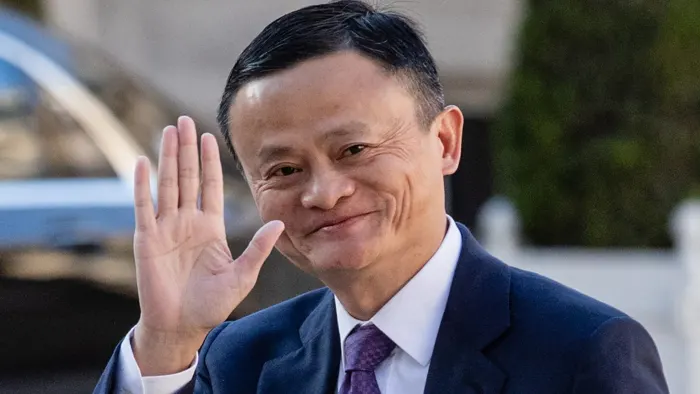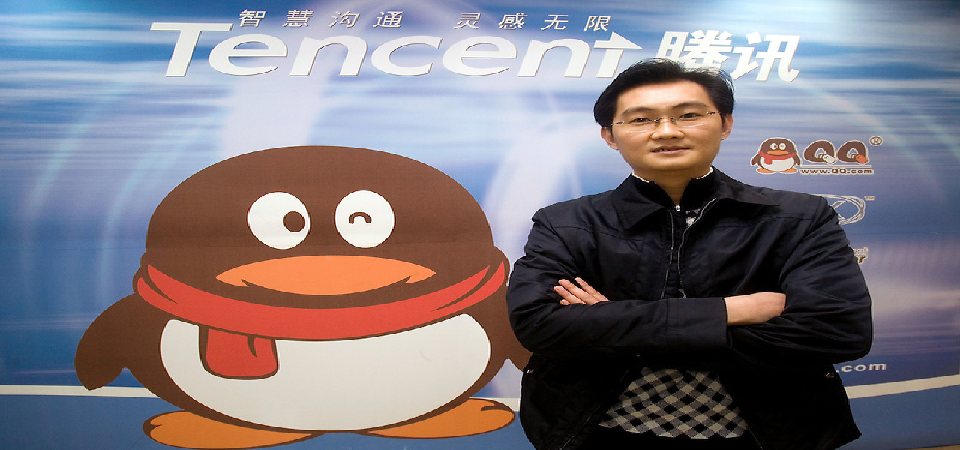
China announced on Monday that it has handed fines to Alibaba Group and Tencent Holdings. The announcement came after Chinese authorities disclosed that they are probing a deal involving the two companies.
Reuters reported that the State Administrator of Market Regulation (SAMR) said it would slam Alibaba and Tencent-backed China Literature and Shenzhen Hive Box 500,000 yuan ($76,464) each, maximum under a 2008 anti-monopoly law, for not reporting past deals properly for antitrust review.
The development underlines a new dawn between the Chinese regulator and internet-based businesses.
Register for Tekedia Mini-MBA edition 18 (Sep 15 – Dec 6, 2025): registration continues.
Tekedia AI in Business Masterclass opens registrations.
Join Tekedia Capital Syndicate and co-invest in great global startups.
Register for Tekedia AI Lab: From Technical Design to Deployment.
The SAMR outlined a number of deals it would investigate, including a merger between game livestreaming firms Huya Inc and DouYu International backed by Tencent, which was announced earlier in October.
The regulator also said it’s going to review and investigate other deals based on tip-offs that some firms had cornered a lot of operating power in certain sectors. The investigation is expected to be lengthy and involved many companies.
China has witnessed a booming internet market that has birthed conglomerates, which have had little to worry about when it comes to regulatory oversight. The SAMR said the era of such freedom has gone as China’s anti-monopoly laws do not exempt internet-based companies.
“The fines of the three cases are a signal to society that anti-monopoly supervision in the Internet field will be strengthened.
“The internet industry is not outside the oversight of anti-monopoly law,” the SAMR said, acknowledging that fines handed to both Tencent and Alibaba are small.
China Literature was fined for failing to report its 2018 New Classic Media acquisition, Shenzhen Hive Box, backed by logistics giant S.F. Holding Co, who also got into query for its acquisition of China Smart Logistics, the report said.
The company said it had received SAMR’s notice and would carry out relevant compliance work. Alibaba and Tencent’s shares fell 2.6% and 2.9% respectively at the Hong Kong Stock Exchange following the news.
SAMR’s move to fine Alibaba and Tencent marks the first time China is enforcing the 2008 anti-monopoly law, over companies’ failure to report deals for antitrust vetting.
The regulator warned that Chinese companies should not adopt a “wait-and-see” attitude before reporting deals, that it has been the pattern of Chinese firms, resulting in no or under-reporting of deals.
Last month, Beijing clamped down on Ant’s Group intended IPO, in a first-of-its-kind antitrust regulatory move. That came after a series of new regulatory rules were made to curb online commerce activities and the country’s digital market.
Ever since then, Beijing has stepped up in its responsibility to look into the activities of online companies. Reuters reported that a politburo meeting chaired by President Xi Jinping said last Friday that Beijing would step up its antitrust efforts.
Part of the deals the SAMR fined on Monday include Alibaba’s $692 million investment in Intime in 2014 and the e-commerce giant’s 42.6 billion bid in 2017 to privatize Intime.
The regulator said, although it’s empowered by the 2008 monopoly laws to break up the three deals under scrutiny, it has decided not to because they did not eliminate or restrict competition.
Liu Xu, a researcher at National Strategy Institute of Tsinghua University said the freedom China’s internet industry has enjoyed over the past decade has resulted in prosperity and chaos.

“The internet was left out of antitrust reviews in the past 12 years, leading to prosperity… as well as chaos due to unregulated mergers and expansions.
“To start with the simplest, least controversial cases is the quickest way to send a signal that… the antitrust law enforcement bodies are ready to take action,” he said.
In a decade, Chinese tech companies have completed 8,702 deals worth $507 billion, according to data from Renfitiv. The deals were mostly carried out without the interference of the authorities.
The developing SAMR’s fines and probes are a warning to China’s internet industry that the years of uninterrupted freedom have gone.



